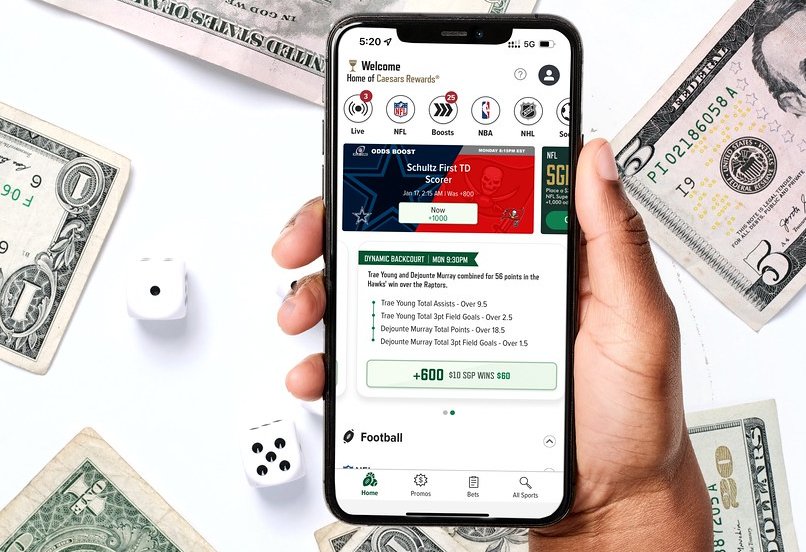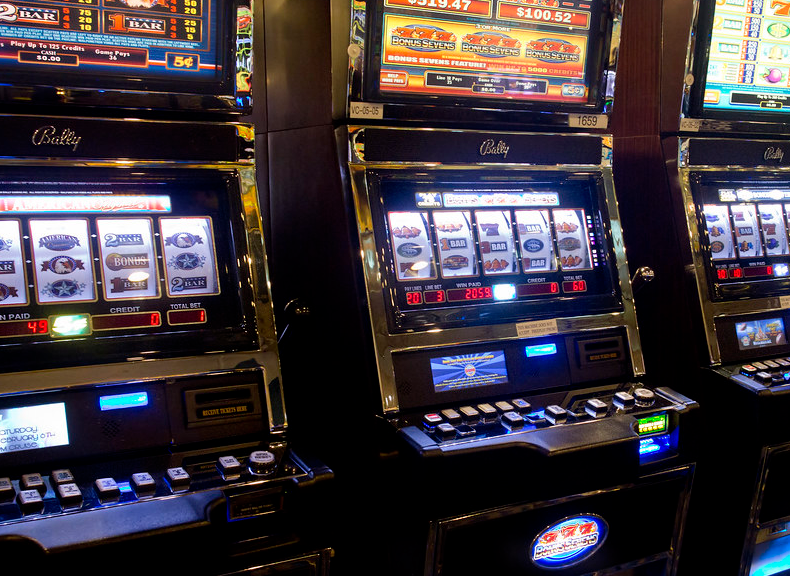Brazil just flipped the switch on full regulation and the entire gaming world is watching. One company already built the bridge everyone else now wants to cross. Betcore unveiled its revolutionary Single API at ICE Barcelona 2026, instantly turning heads and rewriting the rules for operators hungry to scale across Latin America.
The old way of juggling dozens of providers is dying fast. Betcore’s bold move proves that speed, compliance, and player excitement can live under one roof.
Operators in Latin America used to sign contracts with twenty different suppliers just to offer casino, live games, and sports. Each integration took months and created endless headaches when regulations changed overnight.
Betcore changed everything in one announcement. The company merged TVBET, FASTSPORT, and El Casino into a single technical identity. Now operators connect once and get access to thousands of titles across every vertical.
Francisco Bravo, Betcore’s Chief Commercial Officer, told the packed ICE Barcelona crowd that the Single API already powers more than 150 brands across regulated LatAm markets. He said the secret is simple: give operators what they actually need instead of what looks good on a brochure.
The numbers back him up. Integration time dropped from an average of 84 days to under two weeks for most partners.
Brazil Shows the World How Fast Things Can Move
Brazil officially opened its regulated market in January 2026 with strict rules and high taxes. Many experts predicted chaos. Instead, the market exploded past all projections.
Licensed operators reported record handle in the first quarter alone. Players love the high-RTP games that Brazilian rules demand, and operators love that they can finally offer them without breaking the bank on tech costs.
Betcore’s platform became the go-to choice for many new entrants. The company already holds licenses in Colombia, Peru, and now Brazil, with Argentina and Mexico applications in final review.

The Death of the Boutique Provider Era
Remember when every supplier claimed to be “best in class” for one tiny niche? That pitch doesn’t work anymore.
Big operators want partners who can handle casino, sports, live dealer, virtual sports, and lottery from day one. They need providers who update compliance features the same week new rules drop.
The industry is shifting hard toward what experts now call “ecosystem architects.” These companies don’t just supply content. They become the technical backbone that lets operators focus on marketing and players instead of backend fires.
Betcore sits at the front of this wave. The Single API already includes:
- More than 12,000 casino games
- Full sports coverage with 70,000+ monthly events
- Live dealer studios broadcasting in Portuguese and Spanish
- Virtual sports running 24/7
- Complete lottery and crash game options
All of it runs through one connection, one contract, and one support team.
What This Means for Your Wallet in 2026
Players win big from this shift. More competition plus lower costs for operators means better bonuses, higher RTP, and faster payouts.
One major Brazilian operator reported cutting its tech spend by forty-two percent after switching to Betcore’s platform. They passed most of those savings straight to players through improved promotions.
Smaller operators finally get a fighting chance too. Before, only the biggest companies could afford proper LatAm coverage. Now any licensed brand can launch a full product suite in weeks instead of years.
The Bigger Picture Nobody Talks About
This consolidation wave creates winners and losers fast. Boutique providers who can’t adapt face tough choices: get acquired, pivot hard, or fade away.
Betcore already started the shopping spree. Industry sources say more acquisitions are coming before summer. The goal stays simple, keep adding best-of-breed content while maintaining the single integration promise.
Francisco Bravo put it bluntly during his ICE session. “Players don’t care who made the game. They care if it loads fast, pays fairly, and works on their phone. Everything else is noise.”
The message landed hard in Barcelona. Operators lined up at Betcore’s booth for hours, desperate to book demos before competitors locked in capacity.
Latin America’s gaming revolution just found its engine. Brazil proved the model works. Colombia and Peru keep growing. Argentina prepares its own regulated launch. Mexico watches closely.
One platform now powers the future across borders that used to feel worlds apart. The old patchwork approach looks ancient overnight.
Betcore didn’t just attend ICE Barcelona 2026. They changed the conversation for years to come. The betting world will never run on twenty different APIs again.








